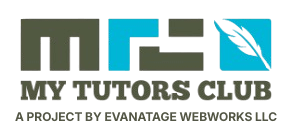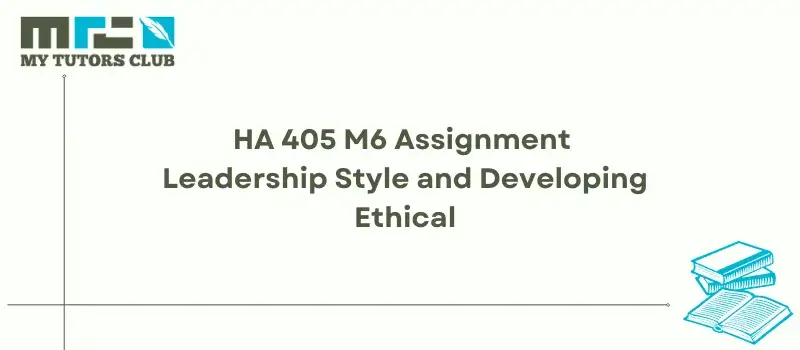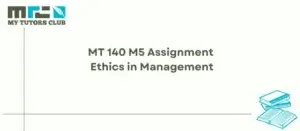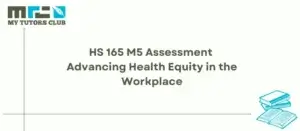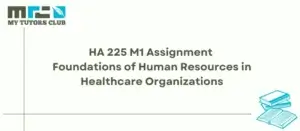Leadership Style and Developing Ethical
Understanding one’s leadership style is principal for individual and expert improvement (Alrowwad et al., 2020). As I consider my leadership approach, I see a mix of bigger part rule and transformational HA 405 M6 Assignment Leadership Style and Developing Ethical styles. This paper means to inspect my leadership style, perceive strengths and weaknesses, and graph plans for improvement to advance into an ethical and effective healthcare pioneer.
Leadership Styles
My leadership style incredibly inclines towards reputation-based leadership, zeroing in on coordinated effort and shared course. I respect input from accomplices, engaging a vibe of inclusivity and fortifying. Furthermore, I join portions of transformational leadership, mixing and pushing the get-together toward a normal vision. This integrates empowering imaginativeness, progression, and a guarantee of solid improvement.
Strengths
One strength lies in my capacity to expose an unending climate where partners feel appreciated and respected. The popularity-based style overhauls cooperation and cultivates a positive moderate culture. The transformational point of view adds to building a regular vision, pushing others to outperform doubts and embrace change.
Weaknesses
By and by, each leadership style conveys normal weaknesses. In the larger part rule approach, the accentuation on plan building may occasionally accomplish even more lazy courses, particularly in time-touchy circumstances (Blossom et al., 2021). Furthermore, the transformational style could incite raised necessities, maybe causing disillusionment assuming that partners battle to satisfy those guidelines.
Plans for Improvement
Education and Training
• Participate in leadership movement errands to additionally foster reasoning limits and proficiency without compromising inclusivity.
• Go to studios on using time effectively to offset the bigger part rule approach with the essential for ideal choices in healthcare settings.
Networking and Mentoring
• Spread out associations with experienced healthcare pioneers to acquire snippets of information into effective interesting systems.
• Look for mentorship with a substitute degree of styles to expand my leadership point of view.
Associations and Involvement
• Join healthcare leadership associations to remain informed about industry models and best practices (Dirani et al., 2020).
• Partaking in forums and get-togethers that complement ethical leadership in healthcare to change my leadership approach with industry standards.
Self-Reflection and Feedback
• Dependably participate in self-reflection to survey the effectiveness of my leadership style.
• Demand feedback from partners and partners to see regions for improvement and headway.
Conclusion
In conclusion, understanding and refining one’s leadership style is a steady cycle. By seeing the strengths and weaknesses in my vote-based and transformational leadership approach, I’ve revolved around unending improvement. Through an alternate arrangement including education, networking, association involvement, mentoring, and contributing, I desire to form into an ethical and effective healthcare pioneer. This outing isn’t just about self-improvement but additionally about contributing unequivocally to the healthcare area and, eventually, updating patient idea results.
References
Alrowwad, A., Abualoush, S. H., & Masa’deh, R. (2020). Innovation and intellectual capital as intermediary variables among transformational leadership, transactional leadership, and organizational performance. Journal of Management Development, 39(2), 196–222. https://doi.org/10.1108/JMD-02-2019-0062
Bloom, P., Jones, O. S., & Woodcock, J. (2021). Organic Leadership for Liquid Times. In Guerrilla Democracy (pp. 189–218). Bristol University Press. https://bristoluniversitypressdigital.com/display/book/9781529205664/ch007.xml
Dirani, K. M., Abadi, M., Alizadeh, A., Barhate, B., Garza, R. C., Gunasekara, N., Ibrahim, G., & Majzun, Z. (2020). Leadership competencies and the essential role of human resource development in times of crisis: A response to Covid-19 pandemic. Human Resource Development International, 23(4), 380–394. https://doi.org/10.1080/13678868.2020.1780078
